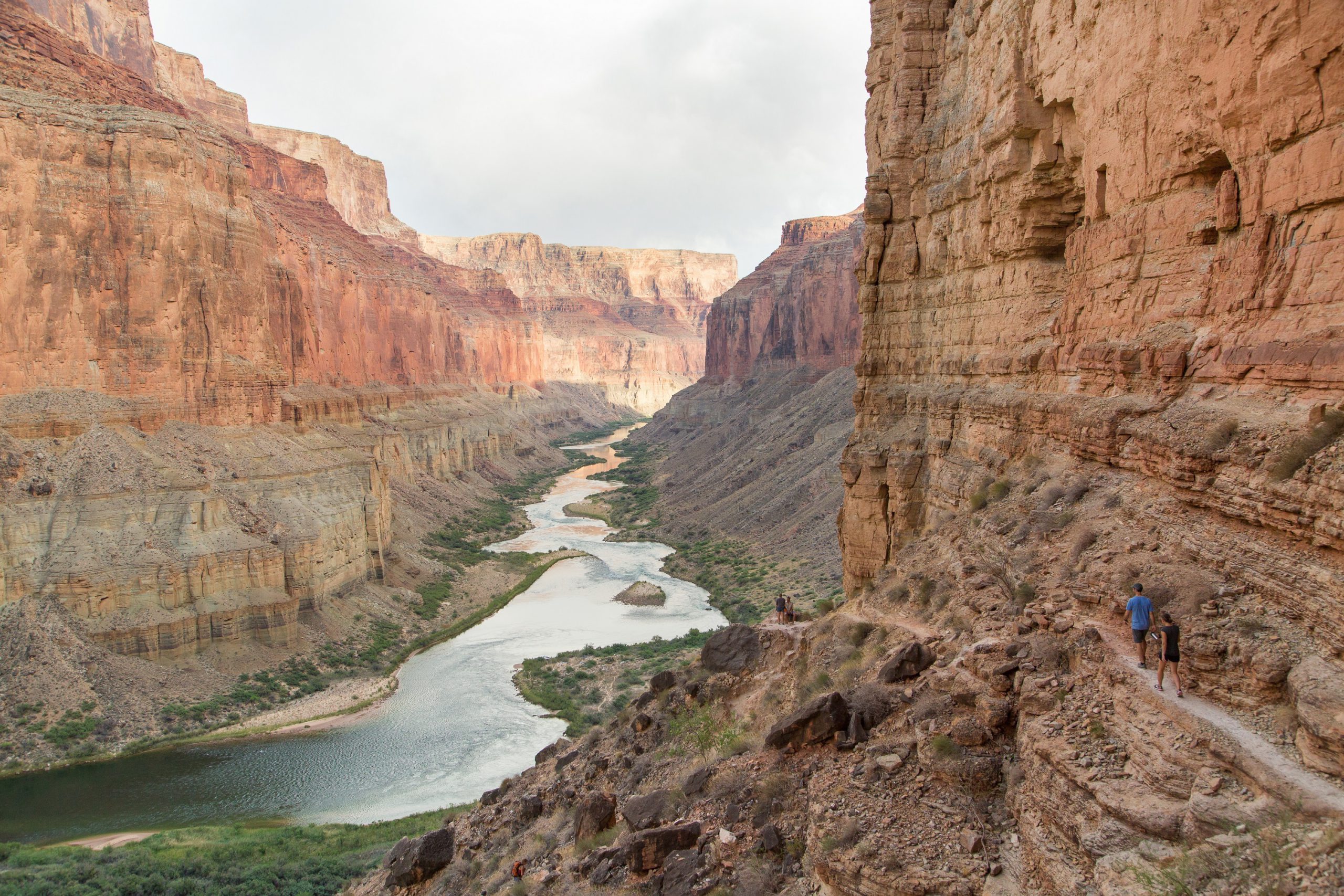
WASHINGTON, D.C. (Sept. 22, 2021) – A federal judge dismissed claims in a lawsuit filed by the Ute Indian Tribe against the U.S. Department of Interior, the State of Utah, and the Central Utah Water Conservancy District. The Tribe alleged mismanagement of water-development projects in northeastern Utah.
In 2018, the Ute Indian Tribe of the Uintah and Ouray Reservation filed two lawsuits against the Department of Interior regarding water issues. The State of Utah intervened in one action and was later named as a defendant. The suits claimed that the federal government was perpetuating historical discrimination regarding water rights on Tribal lands, violating the Tribe’s sovereignty, and questioning whether the government had fulfilled necessary trust responsibilities.
“All along, the State of Utah has maintained there was no discrimination regarding the Tribe’s water rights, and we’re grateful the judge affirmed that,” said Teresa Wilhelmsen, Director of the Utah Division of Water Rights and State Engineer. “Difficult emotions can arise from cases like this, and the State is ready to move forward. It intends to continue working with the Tribe in the administration of the Tribe’s significant water rights in a cooperative and mutually productive way.”
The court dismissed 12 of the 16 claims against the United States and the State of Utah and transferred the remaining four claims to the District of Utah Federal Court.
Media Contact
Richard Piatt
Communications Director
Utah Attorney General’s Office
801-538-1874
More on Ute Tribe water litigation:
Background and Joint Statement by the State of Utah
In 2018, the Ute Indian Tribe of the Uintah and Ouray Reservation filed lawsuits against the United States Department of Interior in the United States District Court for the District of Columbia and the U.S. Court of Federal Claims (CFC) in Washington, D.C.
Among other things, the lawsuits alleged that:
(1) the United States breached several trust, contractual, and constitutional obligations to the Tribe;
(2) a 1965 agreement quantified the Tribe’s reserved water rights;
(3) the 1992 Central Utah Project Completion Act (CUPCA), enacted in part to settle the Tribe’s water rights and water right claims, actually took Tribal property; and
(4) only the Tribe has jurisdiction over Tribal water rights.
CFC case brought similar assertions but sought only money damages while the District Court case sought declaratory relief relating to the water issues.
The State of Utah intervened in the initial U.S District Court case as a sovereign, having a direct interest in the administration of water across the state on behalf of all Utah water users, including the Tribe. The Ute Tribe then amended the complaint to name the State of Utah, Governor Herbert, the Utah State Engineer, and the Central Utah Water Conservancy District as defendant parties and included the state in some of the claims brought against the United States. The Tribe also asserted an additional claim, alleging that the State defendants had historically deprived the Tribe of due process and equal protection rights.
In July 2021, D.C. District Court Judge Carl J. Nichols heard argument on the defendants’ separate motions to dismiss the lawsuit and, by Order dated September 15, 2021, granted those motions, dismissing the Tribe’s trust, contract, jurisdictional, and civil rights claims. The Court held that the Tribe had not demonstrated specific, enforceable trust duties that compelled the United States to build or rehabilitate the facilities the Tribe demanded. In addition, the Court noted that the Tribe had waived the claims, or otherwise settled them under CUPCA and by a separate settlement negotiated between the United States and the Tribe in 2012. The Court also held that several of the Tribe’s claims were untimely. In dismissing the Tribe’s separate but related lawsuit earlier in February 2021, the CFC had also cited the Tribe’s waiver of claims in the 2012 settlement and CUPCA. The CFC decision also noted that CUPCA payments “put the Tribe in the same position it would have enjoyed” had the water facilities contemplated in the 1960s been constructed and that the CUPCA settled “once and for all” the Tribe’s water claims. The CFC noted that the Tribe has received over $354 million in compensation pursuant to that Act.